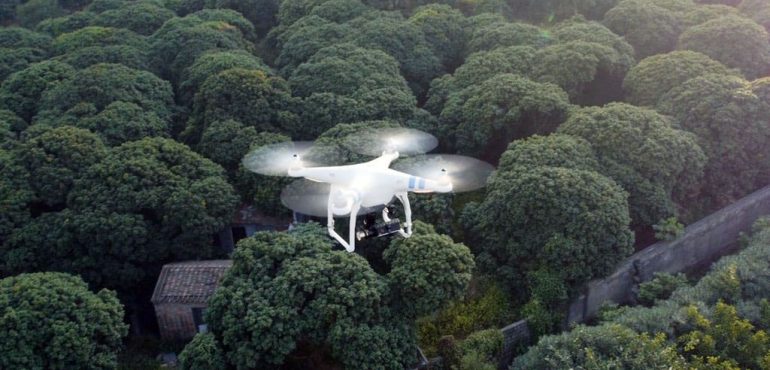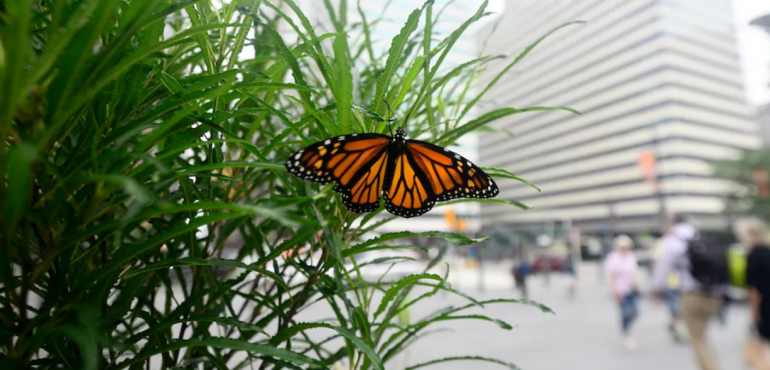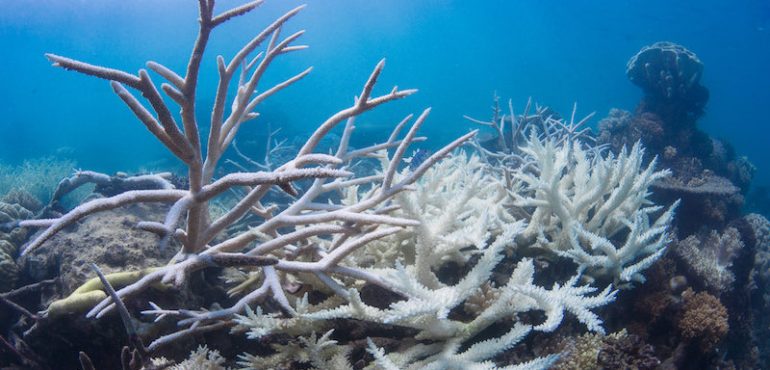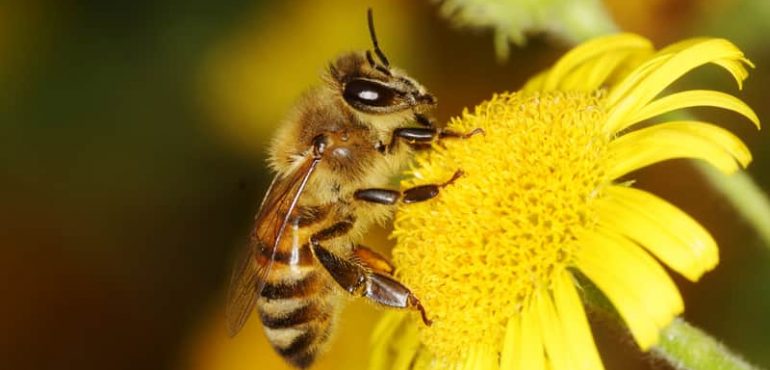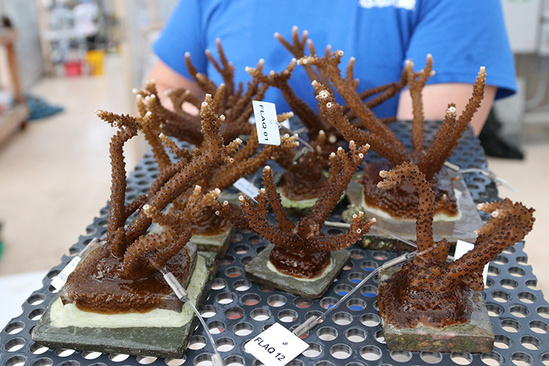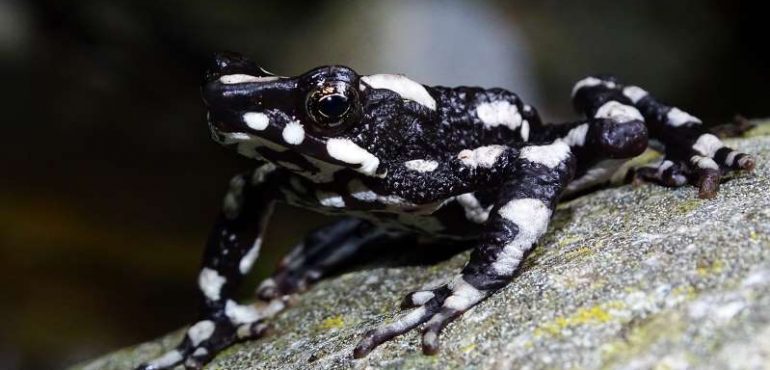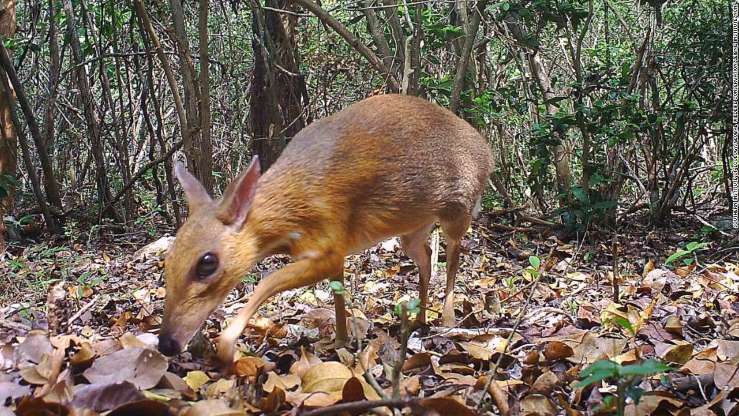When you imagine a visit to a natural history museum, the first thing that springs to mind could be dinosaur bones or taxidermized animals. Behind the visitor displays, however, advanced research on specimens collected from around the world is taking place. What's more, this work forms an essential front line of defense in pandemic preparedness.…
Read more
Biodiversity collections, vital for pandemic preparedness, face drop in specimen deposits


